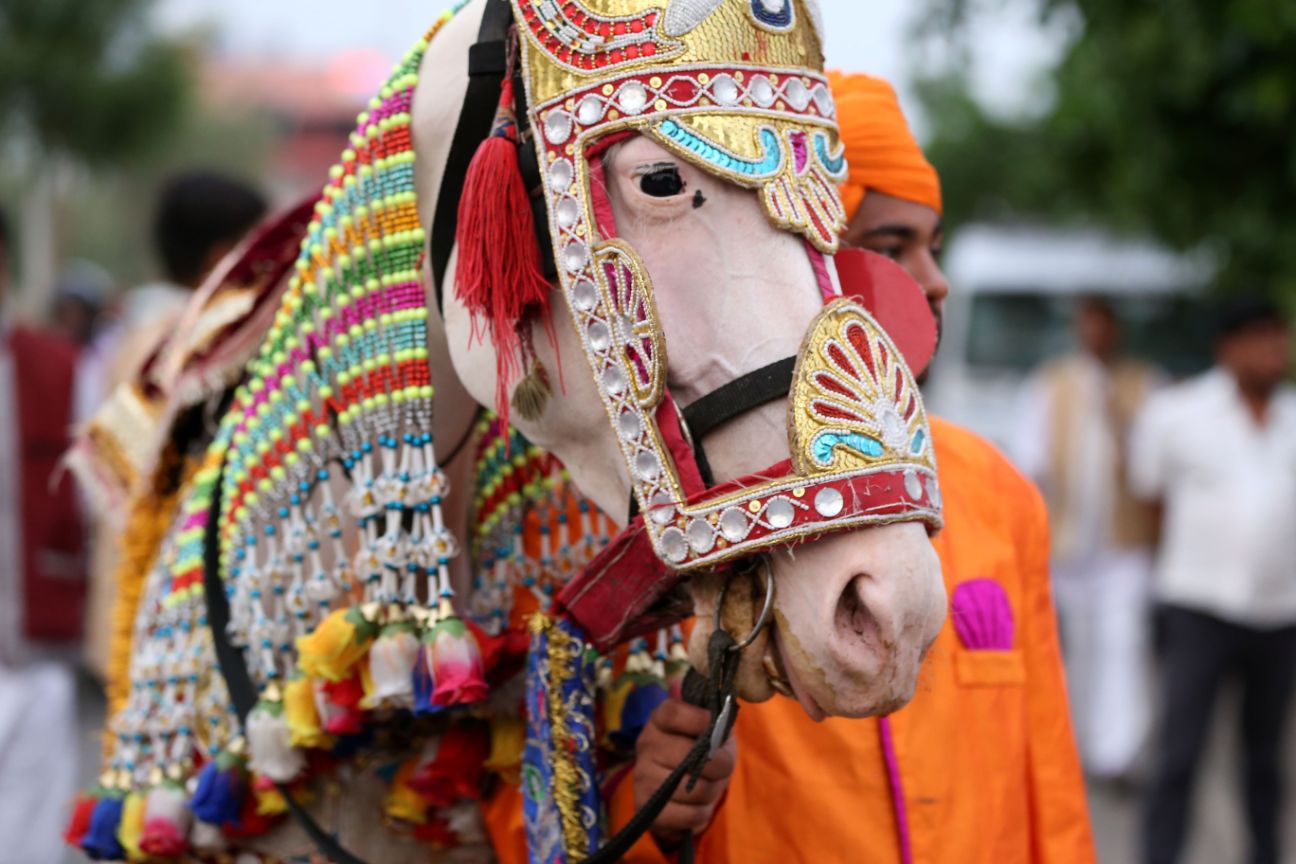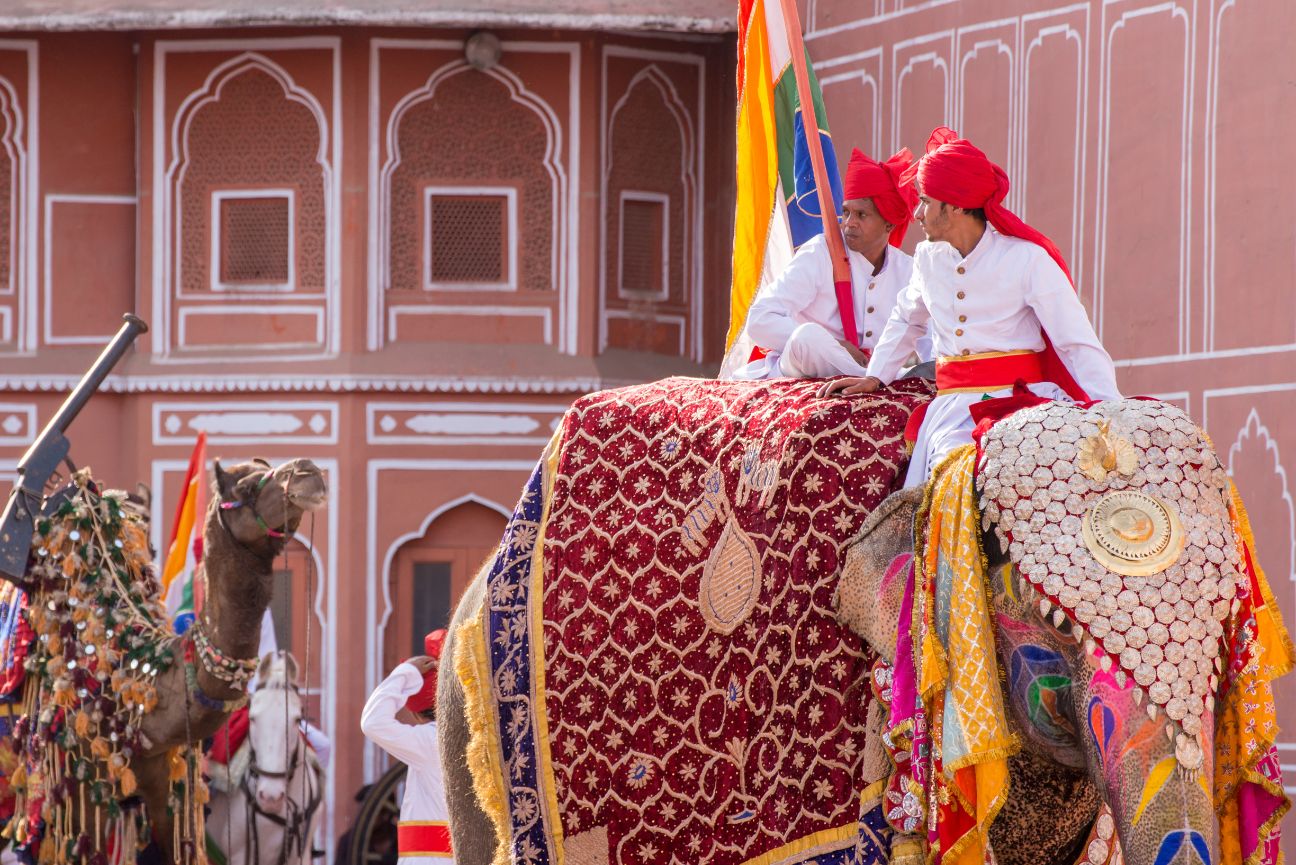With the wedding season just around the corner, let’s look at one of the biggest drawbacks of the celebrations that come along — animal suffering.
Being a Maharashtrian, I know that the Tulsi Vivah (just after Diwali) marks the beginning of the wedding season in Hinduism. Since the ceremony just took place a few days ago, I remember thinking of some people I know who will enter the institution of marriage soon with celebrations galore; some even obliging into age-old traditions that hold little to no significance in today’s time and age — riding a white horse in a baraat amidst blasting band baaja, fireworks, traffic and those 3-4 over-excited baraatis, and if it's a #BigFatIndianWedding one can even expect elephants and camels!

This made me wonder, what is it that fascinates us humans to make animals a part of our celebrations or have them as protagonists of traditional rituals? Turns out there’s a fitting explanation to that as well, obviously holding little to no factual, scientific or plain comprehensible attestation. So, DID YOU KNOW (yes, more emphasis to bring your attention to a “fact”) an elephant, being a representation of Lord Ganesha, is a chosen vessel for people who would like to evade off bad omens and have misgivings disappeared with the help of, technically, the largest physical and living form. Next up is the white horse (female horse or ghodi): a symbol of love, purity, and practicality. Even after much revering, I can’t seem to discern how a horse wearing a heavily bejewelled saddle, carrying the weight of a person or 2 sometimes (groom and a nephew or youngest sister), having her eyesight restricted with blinders and sometimes even whipped to walk further is any expression of love, purity or practicality?!
What, however, is a definite expression is that of sadness and fear. One close look at these animals and you can easily tell they are not happy. It’s then only a matter of prerogative whether to encourage a celebration on the backs of an animal in suffering — suffering that has gone on to the length of causing some fatal diseases and even consequences like euthanasia. Early this year, several grooms in the North decided to give up the custom of arriving on a white horse, given the outbreak of Glanders: a fatal zoonotic disease highly contagious to all mammals — meaning if a groom rides a horse with Glanders, chances are the groom may acquire the disease as well. I mean, we don’t need a Glanders outbreak for something so straightforward to cease!

As we continue to develop a better sense of civilisation (hopefully!), in the course of human evolution, we have seen so many unjust and impractical things happen. Stigma and cruelty have long been projected on animals, women, children, and even men, all under the garb of culture. It is these age-old rituals practised even today that only make us question that sense. Do we really need to have a horse or elephants lug us or our guests to the venue? Is the momentary gratification worth it or the only viable option? Last but not least, the rate at which animals are going extinct, is this custom sustainable? Is the employment of caretakers of these animals tenable?
All said and done, the fact remains that one can’t be blamed for doing something they are not aware of. And that’s exactly the point of this post, share and make aware and be aware that a little common sense like riding a horse on your big day is not going to bring you any good luck. Last but not least, ask questions!